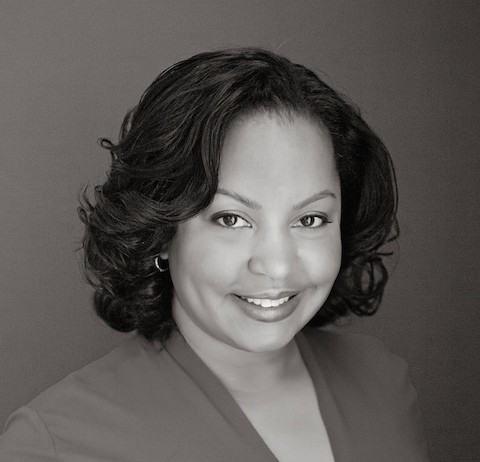A Fight for Humanity
First, a few words about the brutal fight earlier this month at White Station High School (WSHS), the crown jewel of the city’s public schools. Students caught on their cell phone cameras an epic brawl between female classmates, the details of which you’ve seen repeatedly on TV or in your social media news feed, if you were conscious during the past week or so.

The level of violence stunned me and, judging by the online reaction, everyone who saw the video, which quickly went viral. The first thing I wondered: What in the world happened in these young ladies’ lives to generate this sort of anger?
The second thought that crossed my mind: How much of our horror was because the fight happened at Spartan Palace, the racially diverse, East Memphis utopia of National Merit finalists and an optional program that draws students who might otherwise go to private schools?
WSHS students quickly launched a PR campaign with a YouTube video and hashtags such as #lovewhitestation and the clever #MakingItRightStation.
As a WSHS alumna, I’m glad that news outlets allowed WSHS to reclaim its identity, even if the stations didn’t acknowledge their complicity in damaging it.
But if Hamilton students made a similar YouTube video, would news directors have been as quick to air it? How many WSHS graduates can get news directors, anchors, or reporters to take their calls compared to alums from Douglass, Melrose, or Manassas?
Do students at all-black high schools know how to convince the media to acknowledge their individuality and humanity? Do they think anyone would listen if they tried? In a nation built on the notion of individualism, it’s time we extend this right to all.
Women’s Foundation Turns 20
Let me give a shout out to the Women’s Foundation for a Greater Memphis (WFGM) as it celebrates 20 years of grant-making in Memphis. The foundation’s mission “is to encourage philanthropy and foster leadership among women and support programs that enable women and children to reach their full potential.” Since the foundation’s inception in 1995, it has awarded $7.8 million in grants to local nonprofit organizations that work with low-income women and families.
From financial literacy to time-management classes, support for sex trafficking victims, transitional housing for mothers with drug addictions, and entrepreneurship training for girls, programs funded by WFGM touch an estimated 17,000 people each year.
Often the speed bumps of low-income women are relatively minor, said executive director Ruby Bright. “There could be something as simple as not having a driver’s license or having a ticket that could be an impediment to getting a job. … Or something as small as $348 to repair a car.”
Here is where the WFGM can help, in this instance through the $8 million invested in Urban Strategies Memphis HOPE’s case management for low-income families.
The foundation doesn’t have a lobbying arm that works to reform the policies that make it difficult for low-income women to be financially self-sufficient. An example would be welfare rules that eliminate a family’s benefits when the parent earns even a dollar over the income limits.
A better policy would gradually reduce the family’s benefits as the household income increased, Bright said.
Still, the foundation’s leaders have an ambitious goal to reduce the poverty rate in South Memphis’ 38126 ZIP code by 1 percent a year for five years.
The Vision 2020 plan also calls to increase the number of families who collect the Earned Income Tax Credit and boost the number of children who are in pre-K and teens who have summer jobs.
We can support WFGM not only by donating to the organization, but by advocating for fairer public policy, such as an increase in the minimum wage, smarter mass transit, universal pre-K, and better health-care access, especially for those battling addictions.
“Sometimes there is the assumption that people are just freeloading,” Bright acknowledged, “but for the most part, our families want to improve.”
“True compassion is more than flinging a coin to a beggar,” said Dr. Martin Luther King Jr. “It comes to see that an edifice which produces beggars needs restructuring.”
To be sure, the women and families helped by WFGM’s funding aren’t beggars and WFGM doesn’t toss dollars. But while WFGM continues its work, we need to rebuild the edifice. If we’re successful, the foundation won’t celebrate a 40th anniversary — because it will have no reason to exist.